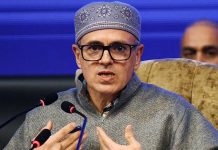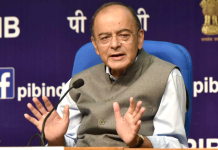
Come elections and hackers become active to steal voters data to sell it to political parties and candidates for a price! In March, a complaint was filed against a Hyderabad-based IT company which provides IT services to Andhra Pradesh’s ruling party to have stolen the data of 37 million voters from the state government database through an app. In January 2024, cyber security firm, Cloud SEK, made a startling revelation that data of 750 million telecom users in India was being sold on the dark web. In the infamous CoWIN case, there was an alleged breach of data of Covid vaccine recipients, prompting the government to initiate an in-depth inquiry. Rewind to 2018, the role of the UK-based Cambridge Analytica came under scanner when whistle-blower Christopher Wylie testified before the UK Parliament for extensively working for a political party in India.
Tehelka investigations reveal that unscrupulous firms and agents are engaged in the task of stealing personal voter data such as castes, contact numbers and complete profiles. Little doubt many voters keep receiving phone calls (not spam calls) with callers aware of personal details trying to hard sell a particular political party or a candidate in the fray. Significantly the voters data besides personal details includes political affiliations, voting history and demography for political parties to analyse voter behaviour to come up with specific strategies to woo them. The bulk data is sold to agents of political parties at a price and even the hackers take contract to send bulk voice, text and WhatsApp messages. There are companies that under the garb of providing service of psephologists for political PR,campaign management, digital services and election war room actually sell personal data of voters at a price.
Our cover story “Voter Data on Sale” raises questions about the integrity of democratic processes, such as voting, and protection of citizens’ privacy. When Tehelka Special Investigation Team approached one such agent working with a Noida-based digital marketing company, the person boasted during a meeting at a five star hotel in Delhi before a hidden spy camera that he “can provide even personal data of the judges of Supreme Court, High Court and Lower Court and also of lawyers, doctors, teachers, engineers, students, and corporate houses for the ongoing 2024 general elections at a cost”. Data is not only leaked from government websites but also from banks and telecom service providers. As we embarked upon the much-needed investigation into vendors selling voter data for a price, we discovered, to our surprise, numerous vendors offering personal data of voters, complete with different packages. The sale of voter data without the consent of the individuals highlights the urgent need for policymakers to protect digital personal data from potential misuse. Ensuring data safety and providing transparency ought to be the top priority for the government prohibiting public and private entities from collecting and using data of individuals without their consent.












